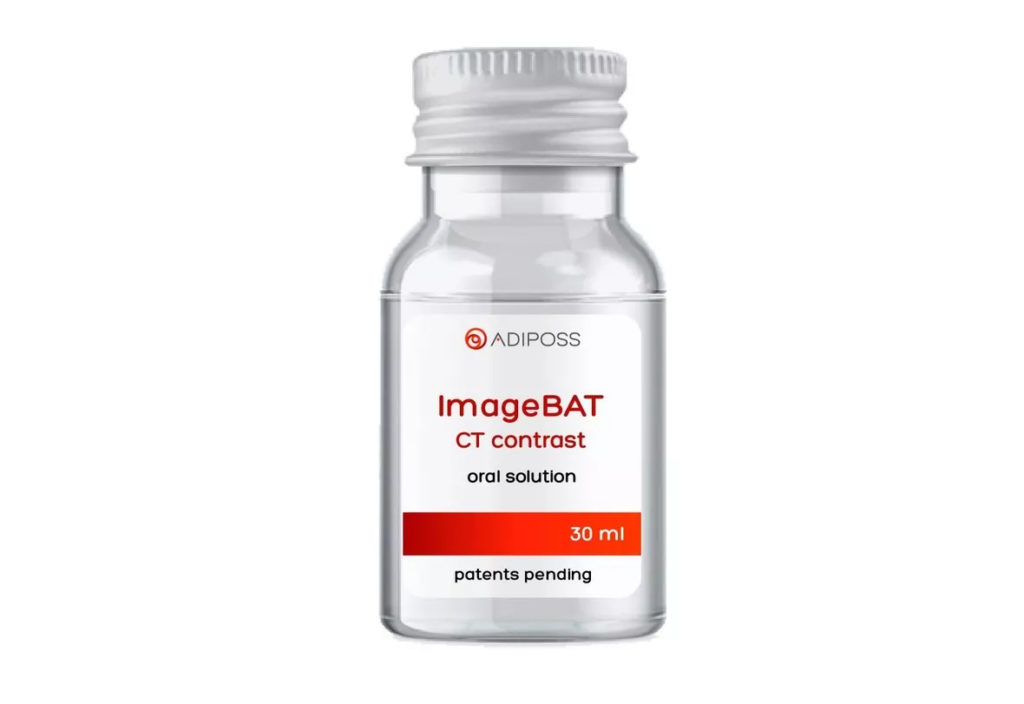
Lonza boosts next-generation anticancer drugs with CHF 97 million investment in Visp
7 June 2023

Pharma giant Lonza is enhancing its capabilities in the development of novel cancer treatments through an investment of over CHF 97 million in Visp.
Cancer treatments, like treatments for diabetes, obesity, or cardiovascular diseases, are a “holy grail” for the pharmaceutical industry. Lonza is investing heavily in antibody-drug conjugates (ADCs), which are innovative and promising treatments that have the potential to precisely deliver highly toxic molecules directly to tumors. ADCs combine an antibody with a “payload”, often a cytotoxic (cell-killing) molecule.
“These are extremely innovative and promising treatments because they manage to transport a highly toxic molecule and deliver it precisely to the tumor,” explains Professor Olivier Michielin, Head of the Oncology Department of HUG and the Precision Oncology Service.
The antibody allows ADCs to target very specific receptors expressed by a cancer cell. These treatments can therefore deliver the cytotoxic molecule into the cells of tumors, without affecting healthy cells.
Since 2006, Lonza has ventured into the market of bioconjugate treatments, including ADCs. It already has production capabilities for antibodies adapted to targeted antigens, payloads, and linkers of these two elements at its sites in Visp (canton of Valais) and the United Kingdom. By acquiring Synaffix, Lonza takes over a technological platform for the development of these clinical-stage treatments, thus expanding its offer upstream of production. Synaffix’s activities will be maintained at its site in Oss, the Netherlands.
According to an estimate published in May, relayed by Lonza, the ADC market should exceed USD 22 billion by 2030. In Switzerland, the ADC sector has seen significant activity. In 2013, Roche launched one of the first treatments of this kind, Kadcyla, aimed at combating an aggressive form of breast cancer. In 2022, this drug generated CHF 2.1 billion for the Basel-based laboratory, which now has other similar treatments.

